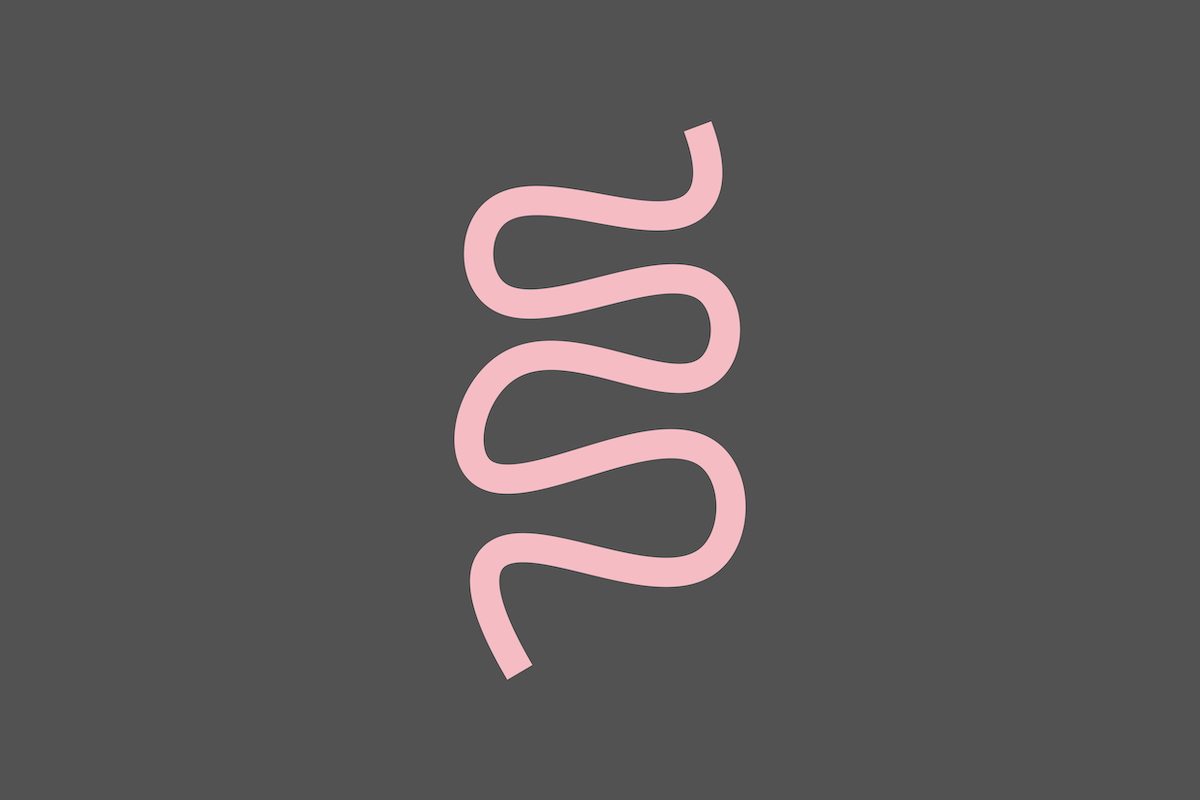Bloating is the feeling of discomfort in your stomache, it’s a feeling of not being comfy and feeling overly full. You might be surprised to hear that it’s very common for people to get bloated. There are lots of things you can do to ease your bloating for example adding in the Digest Capsules into your diet to improve your digestion. However, if you do find that more often than none you have a bloated stomach, it could be a sign of an underlying health condition.
What are the causes of bloating?
You might be sat wondering why on earth you always feel like you’ve just eaten a pillow. Feeling bloated can really put a downer on your day. But you don’t have to struggle, because once you’ve found what causes bloating, you can find what relieves bloating. There are many causes of bloating, and they can be different for everyone.
One of the main reasons for bloating is having lots of gas in your gut. This is caused by drinking lots of fizzy drinks, eating certain vegetables, and taking in air while you eat. Stomach pain and bloating can also be caused by problems with your digestion, for example, intolerance to certain foods, coeliac disease, or irritable bowel syndrome. Women may also find that they are getting bloated around the time of their menstrual cycle. Constipation is another culprit for bloating. You may find you suffer from this if you haven’t had enough water to drink, if you are stressed or if you have suddenly changed your diet.
Foods that cause bloating
There are specific foods that can cause bloating for many people. From severe intolerances to general reactive foods many may find they struggle after eating the following:
Wheat, which has a protein in it called gluten, it’s very trendy at the moment to be gluten-free, but there is some reasoning behind it. People that have coeliac disease or even sensitivity to wheat will find that they are bloating after eating these foods. Not only that but they can cause severe stomach pain and diarrhoea. The best way to stop bloating from wheat is to substitute it with foods such as gluten-free oats, buckwheat, quinoa, and coconut flour.
Cruciferous vegetables such as broccoli and cabbage do tend to cause some people grief. Although these foods are full of nutritional value such as fibre, vitamin c, potassium, and iron, so don’t jump for joy that you don’t have to eat your greens. You do need these essential nutrients in your diet. Some people find cooking these vegetables can reduce their bloating reaction, or you could seek alternatives with similar nutrients such as spinach, sweet potatoes, and lettuce.
Dairy products are also a common culprit for causing bloating. Dairy is also very nutritious and a great source of calcium. Around 68% of the world’s population, however, cannot break down lactose, making them lactose intolerant. And I’m sure you can guess, people that are lactose intolerant will find they bloat when they eat dairy. Thankfully because such a large number of people suffer from this, there are a huge selection of dairy alternatives for you to enjoy. From dairy-free cheese and dairy-free milk such as soy, coconut, and almond.
How to reduce bloating
There are many ways you can help to reduce your bloating. If you find you are bloating very regularly you may want to write down a food diary. This keeps on track of when you eat and what, and any symptoms that may coincide with what you eat to give you an idea of what foods you may need to cut out. Another great way to reduce bloating from food is to follow the FODMAP diet. This is a strict diet where you only eat foods that are low on fodmap. For example, dairy products would be a high fodmap so you look to reduce and cut them out, whereas potatoes are a low fodmap so you can eat more of those. These types of diets are suitable for people suffering from IBS and common bloating.
Another way to reduce bloating is to regularly exercise. This can help to improve your digestion by moving the built-up gas in your digestive tract. By moving the gas you’ll find you experience less bloating. An excellent example of a bloat-busting exercise is yoga. It reduces your stress levels which can improve your ability to move any constipation and trapped gasses. As well as incorporating twists that can encourage gas out of your stomach. Pairing our Digest capsules with exercise can help to aid with the reduction of bloating, as well as supporting a healthy gut microbiome.
Adding fibre into your diet can aid your digestion and help you to reduce the level of bloating you experience. Start to introduce it slowly with insoluble fibre sources such as grains and veg including kale, then upping your levels with soluble fibre (foods that can cause gas if you overeat) such as nuts, peas, and seeds. These can all aid your digestion and help to move your food through your gut. Adding these with plenty of water will massively reduce your risk of constipation and bloating.
By following these simple steps to reduce your bloating, you now should be feeling a little less stuffed and more satisfied that you can go through your day without being in pain, and with no bloating cramping your style!



















